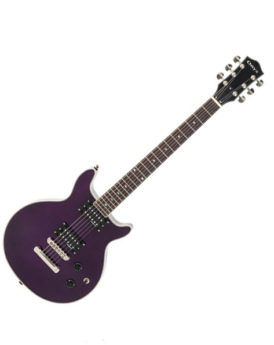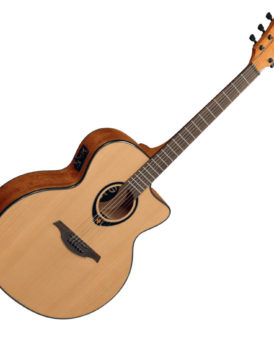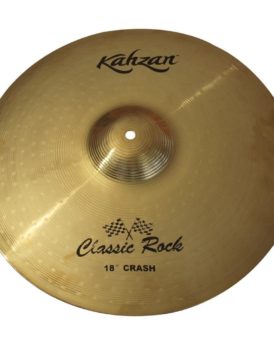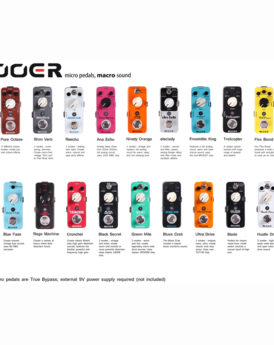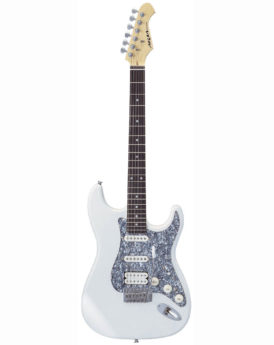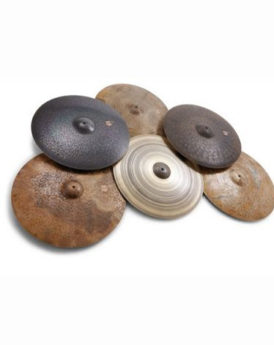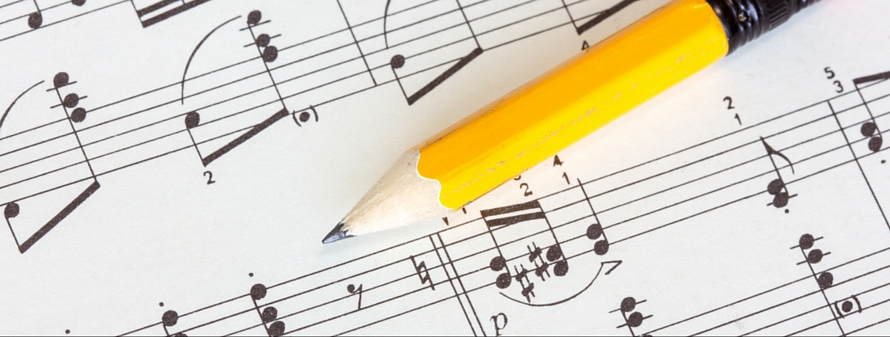
The Benefits Of Reading Music
Anyone learning an instrument eventually asks themselves the question “should I learn to read music?” Sure, I know there are arguments either way but deep down I believe that most musicians would benefit by being able to read music if only just a little. It is certainly not essential as there are many fine players who don’t read a note and some people never learn to play without the music in front of them and that is also a problem. Overall though I’ve found that the benefits of reading music have far outweighed the effort of learning to read. “So, what are the benefits of reading music?” I hear you ask. Well, that depends on what you are doing with your music. I have been through many distinct “phases” in my time as a musician so I thought I’d list some of the benefits of reading music during each phase.
Self Taught Beginner.
I started my musical career in my late teens as an enthusiastic, self taught drummer. After a very short time, however, I had exhausted my limited range of skills. I had about 3 or 4 basic beats down and that was it. I bought a book from the local music store called “Realistic Rock” by Carmine Appice. It came with a crappy plastic record (this was well before CD’s and mp3′s chaps!) to demonstrate some of the exercises. I was able to pick out some of the beats I could already play and match them up to the music charts in the book. Pretty soon it started to make sense and I’d learnt to read music at a basic enough level to improve my drumming greatly. Instead of playing the same 4 beats over and over I was able to read a book and learn something new.
Beginner Student.
After a few years of thrashing away teaching myself it occurred to me that, again, I wasn’t really moving forward anymore. It was time to find a teacher. From my very first lesson my teacher wrote out notes and exercises in proper notation so it was never really an option. It helped me to remember what the lesson was about 3 days later when I finally got around to practicing too! Pretty soon I was asking specific questions about how to play this bit or that bit out of some song or another so he taught me how to sit down and write up a basic music chart for a song.
Making a Comeback.
There was a time when I took about 10 years off drumming. Working as a touring sound engineer didn’t leave much time for playing so my kit just gathered dust in the garage. Eventually, I was asked to join a band who had recently lost its drummer. “Sure” I said. “How hard could it be?” Suddenly I was faced with the daunting task of learning about forty songs very quickly with another twenty to follow when I’d learnt the first lot. Great! The only way around it was for me to be able to make basic charts for all of the songs I didn’t already know. Not note for note, just the important bits. How does it start, how long is it, where are the fills, how does it finish? Being able to do this saves a great deal of memory power folks and I need all I can get!
Being a Music Teacher.
If I couldn’t write out a music chart and give it to my students then I would have to rely on what they could remember 2, 3, or 4 days after having their lesson. Not much! Just as when I was a student I don’t really give my students the option of learning to read music. We just do it from the word go & most never suspect that’s what they are doing.
No matter what stage you are at with your playing you would probably benefit from learning to read a bit better. Remember though, reading music is a walking stick not a set of artificial legs! Use it to help you, but it is just as important to develop the skill of “learning” a piece of music and being able to play it from the heart.
The important thing is not to look at reading music as something to be avoided but as a tool to help you improve your playing and your ability to communicate with other musicians.
